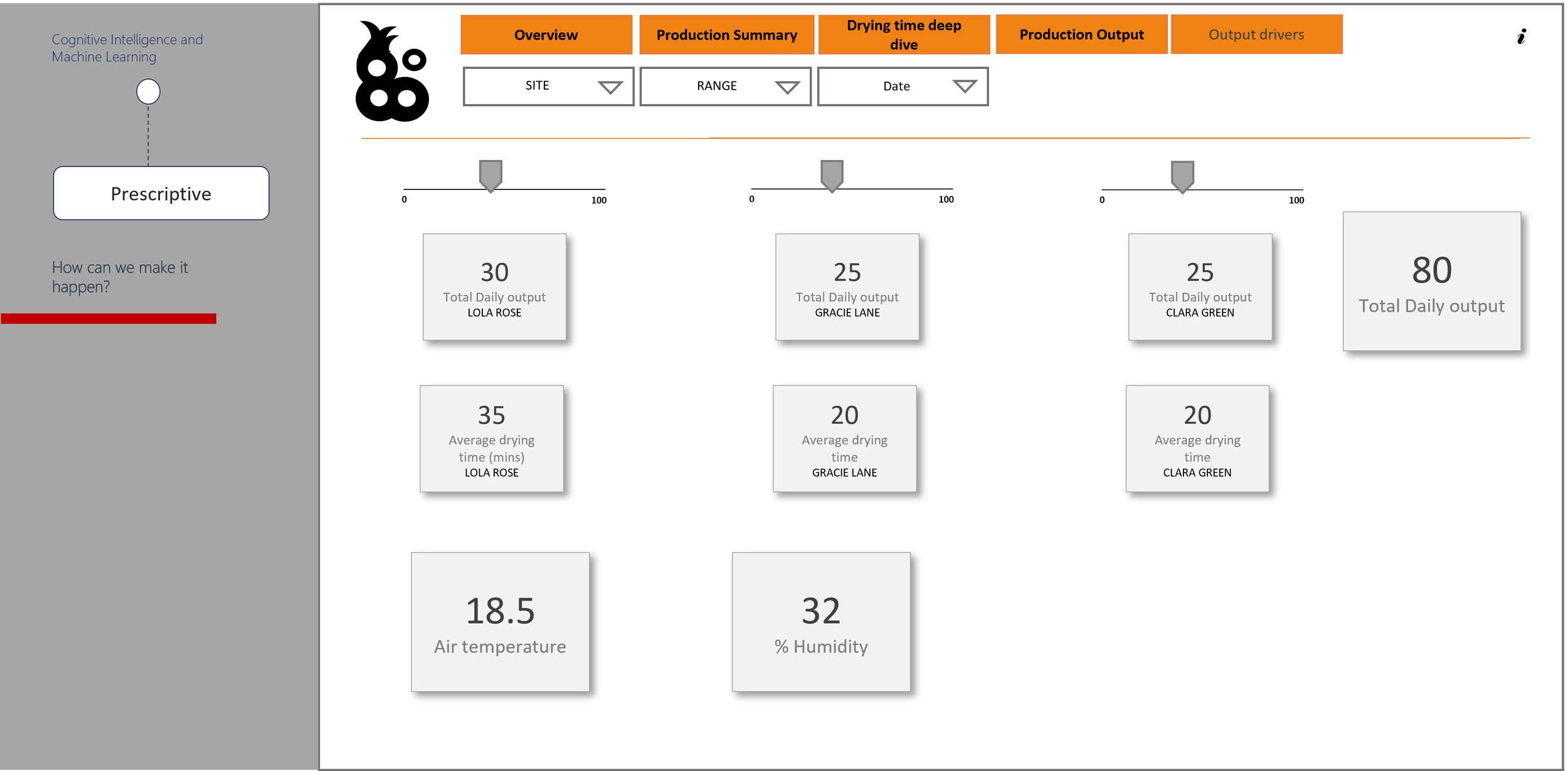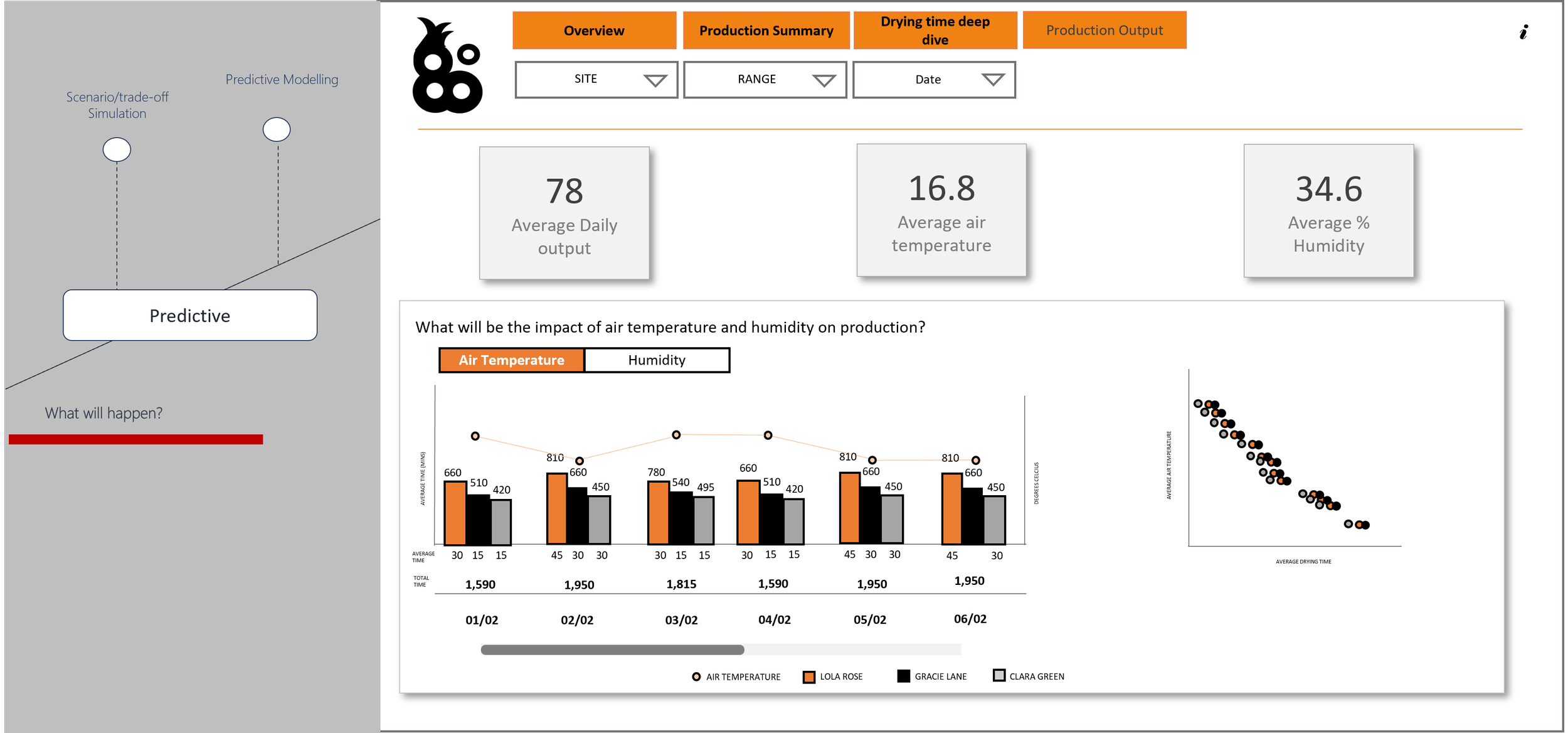A phone system but not as we know it - our move to Skype for Business Cloud PBX
/We have recently moved to new offices in Belfast City Centre and like all premises moves and regardless of how much planning you put in place, it can be a hectic and stressful process. However, when we gave notice to our previous landlord last September the last thing I thought we would have problems with would be our phone system.
So why did we choose a Cloud PBX system?
I am not usually one to jump into version 1 of a product (in a lab environment I often try new products out, but I'm never usually the first to jump in feet first) but in this case we were put into a situation where we had few choices. The main reason was that we had originally planned to move to a different location in Belfast and we had been in the middle of negotiations since December that were dragging on and on. So, with 4 weeks before we had to leave our previous offices, another party got involved causing more delays and we had no choice but to walk away.
Fortunately, we found another property nearby with a landlord and managing agent providing a solution quickly and we had a lease signed within 10 days. So with just over 2 weeks to go, we started to sort out data connectivity and then asked our phone provider for a timetable and cost to move our existing phone system to our new building and its at this stage that I nearly fell off my chair.
Our phone system was two years old and we thought it would be easy to move especially based on the connections already presented in our new comms room. So imagine the surprise when we were told a timeframe of 4 to 6 weeks, at nearly the same cost as what we paid for the phone system in the first place. When we mentioned this point the sale person on the other end of the phone they agreed and asked if we wanted a quote for a new system instead as it might be quicker to install, but it just didn't seem right to pay out again for another phone system.
So, as I was already trying out Skype for Business Cloud PBX in our test environment and initial results had worked out well and our data connectivity would be in place on time in the new building (which is all we would need) we decided to give Skype for Business Cloud PBX a try!
What are the benefits?
There are a number of general benefits that any Cloud based PBX can offer a business, such as:
- No need to buy or move expensive phone system equipment into the office, all you need now is an internet connection;
- Your personal extension moves with you wherever you go, as long as you have signed into the system from a PC, table or mobile device connected to the internet;
- You won't outgrow your phone system and upgrades will be added automatically as time passes;
- Take calls on various devices (PCs, tablets, mobile devices) that lets you answer and make phone calls by accessing contacts in your Outlook software;
- Normal phone operations are included such as call forwarding, delegation, team calling, advanced routing rules and call transferring;
- You can control costs on a consumption basis with user licenses able to be added and removed on a monthly basis; and
- Free call plan minutes are usually included by most providers.
In addition to these general features Skype for Business Cloud PBX (and some other providers) also offers:
- Integration with Outlook you can place a call on a contact or any phone number within an email there and then and when an incoming call comes in if its a contact within Outlook it shows the name of the person calling;
- Clients for PC, Mac, and Mobile gives you calling features on devices from tablets and mobile phones to PCs and desktop IP phones;
- Auto attendant is an intelligent virtual receptionist that helps callers navigate the system with interactive options to connect to different departments either via keypad or voice, just say the name and it will transfer the caller to that extension;
- Call Queues provides a mechanism to offer a single call to multiple Staff Members users at the same time;
- Calendar call routing allows you to use your Outlook calendar business hours to enable or disable call forwarding and simultaneous ringing in Skype for Business;
- Skype and federated calling that enables you to transfer inbound PSTN telephone calls to other Skype users who don't have a Cloud PBX license; and
- Integrated voicemail into Outlook includes personalised greeting, message waiting indicator, and reply with call. You can have all of your voicemail deposited in your Outlook mailbox and made available through Skype for Business on your PC, mobile device or IP phone.
Some of the initial issues we've experienced.
There has been a couple of things that have not been perfect, but not necessarily the fault of this product. For example, porting our business phone numbers from our previous telephone provider to Microsoft was a lengthly experience.
First you have to download forms from a website (link is in the Skype for Business Admin site) fill out the various details requested and then raise a support ticket in your Office 365 portal and attach the document to the support ticket.
The whole process took 15 working days. This meant that we didn't have our main business phone number ready on day one of a our move. So we gave our clients Skype for Business DDI numbers of team members for a couple of days and changed the website and Google entires temporarily until porting process completed. I have to stress that we were kept well informed during the process by Microsoft and if we'd have had more time, the downtime we experienced probably wouldn't have happened. I'm just not sure why it took so long to complete the transfer, I'm guessing it was our previous phone provider's internal process.
There are also times when I try and transfer calls to my other devices (iPhone and iPad) that have the Skype for Business software installed and will not always work and I can't determine a reason why at the moment. On the PC and dedicated IP phones it works every time just not always on my iPad or iPhone, but I suspect it's to do with application priorities in iOS. I've reported my feedback to Microsoft and I suspect this will only get better over time. I should also make at clear that receiving outside calls transferred by a team member on a PC or a new inbound call to my DDI phone number redirected to my mobile works every single time, the problem only presents itself when I try and transfer the call from my PC to one of my Apple devices.
Would I recommend using Skype for Business Cloud PBX?
So as you can see it hasn't been all plain sailing. However, its been a very positive experience overall. We've seen clients utilise other 3rd party Cloud based PBX systems before, all of which have offered similar benefits mentioned above, but none at the level of ease, depth of integration and speed of installation Skype for Business Cloud PBX has offered our business.
As I've mentioned we were put in a situation that gave us few alternatives but like setting up Office 365, we had within minutes a fully working phone system that doesn't need to be based in a physical building, costs very little to setup and get started with and gives us complete flexibility in terms of our communications.
In terms of other costs we did need some handsets. Some staff went for official Skype for Business certified headsets from Jabra which we picked up from Amazon for £30 each and come with a travel case, which staff take with them on site. While others more office based went for certified IP phones for under £80 each which when added to the monthly subscription costs (taking into account free call minutes that are included with the subscription) we are still nowhere near the cost of purchasing a new phone system but have a lot more flexible with our communications.
New opportunities are now possible.
Taking it a stage further as a Microsoft CSP Partner, we can now offer this as a boxed solution to our clients going forward. For example, if a client ever needed a dedicated call centre setup quickly, we can now implement the telecom part of the solution in minutes and with help from our development team we have setup an integrated call recording solution that now plugs into the system via Skype for Business's built in APIs.
That is a powerful offering and now that we have real life practical experience of using it, we now have the experience to offer it as a solution for our clients going forward.
When would I hesitate?
However, I probably wouldn't recommend this to a large business with an existing working phone system in place as it stands today. Skype for Business (or Lync as it was called previously) does offer the option to integrate with existing on premise PBX systems. So you can have the best of both so to speak with lots of integration options on offer from 3rd parties.
So the business in that particular case would have to be in a situation where an existing phone system was coming end-of-life and a substantial capital expenditure was on the cards. At that point a comparison of options would need to be considered and assuming the technical, cost and functionality levels could be met then this solution could be put forward.
Licensing & Costs
Skype for Business Cloud PBX is part of the Office 365 E5 plan and can be added to other Office 365 plans as an additional subscription and add-in option but the minimum element required is Skype for Business (Plan 2).
If you have Skype for Business (Plan 2) you can then add the following add-in elements adjustable on a per user, per month basis:
- Cloud PBX License (RRP £6.00 per user, per month or included as part of Office 365 E5 Plan); plus
- PSTN Domestic Calling Plan (RRP: £9.10 with 1200 domestic minutes free per month); or
- PSTN Domestic & International Calling Plan (RRP: £18.10 with 1200 domestic minutes and 600 international minutes free per month).
In Closing
For more information on how Skype for Business Cloud PBX works in real life or how Endeavour as a Microsoft CSP Partner can come up with a cost effective call recording solution for your business, please contact our Office 365 technical team at solutions@endeavour-is.com or call us on 028 9031 1010.






